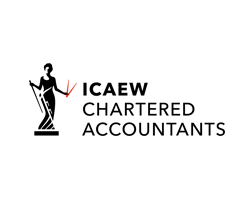September 21st, 2015Buy To Let Properties – The Changing Tax Landscape
The summer budget introduced a couple of big changes to how landlords will be taxed on their rental profits, adding yet more complications to an already complex area.
Removal of the wear and tear allowance
This relief was simple to administer for landlords providing furnished residential lets, with a straight 10% of rents received being allowed as an expense.
It is expected that this will be superseded by a variant of the old “replacement cost” relief. Under replacement cost rules, no relief was allowed for the initial purchase of fixtures and white goods but the cost of replacing them was an allowable expense when computing rental income. Full details on how the new relief will operate are yet to be published by the government, though.
This legislation will have no effect on landlords that provide unfurnished residential lets.
Restriction of mortgage interest relief
The proposals announced by the government provide for the removal of higher rate tax relief for mortgage interest and other finance costs associated with a landlord’s property business. The change will be staggered from April 2017 until the full effect of the legislation comes into force in April 2020.
Up to and including the 2016-17 tax year, 100% of mortgage interest is allowed as an expense against rental income. The interest allowable will reduce to 75%, 50%, 25% and 0% over the four tax years from 2017-18 to 2020-21. The non-allowable portion in each year, subject to various restrictions, will attract basic rate tax relief at 20%, which will be given as a credit against the landlord’s tax bill in the given year.
We expect most landlords to be affected by these changes in some way, but the most affected will be those with large portfolios funded by loans or those with loss making property businesses. For example, a landlord with rental income of £80,000 and mortgage interest of £50,000 will see their tax bill rise from £3,800 in 2015-16 to a whopping £11,400 by 2020-21.
There are, however, a number of businesses that won’t be affected by this rule change, namely commercial letting, furnished holiday letting and property businesses operated by limited companies.
It is clear from the legislation, though, that it will become increasingly vital for prospective property investors to consider their options prior to investing.





